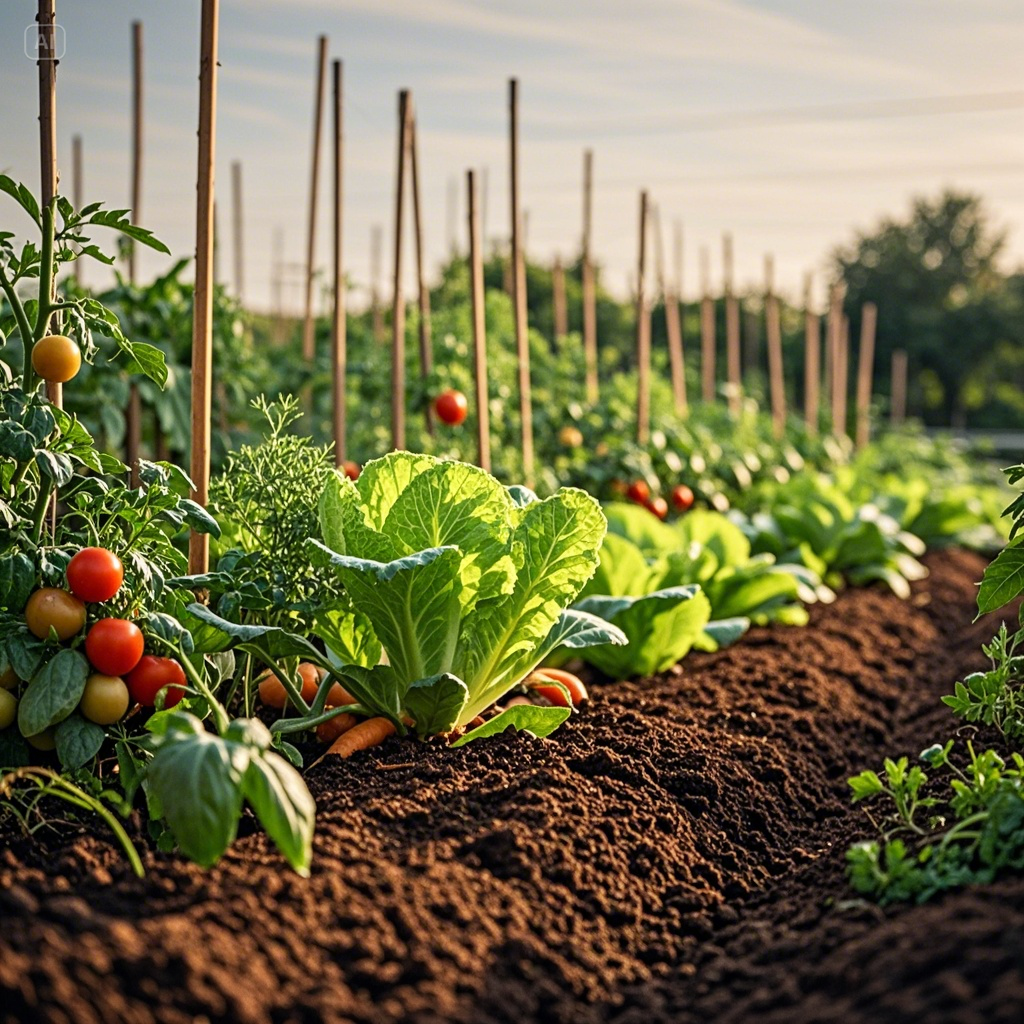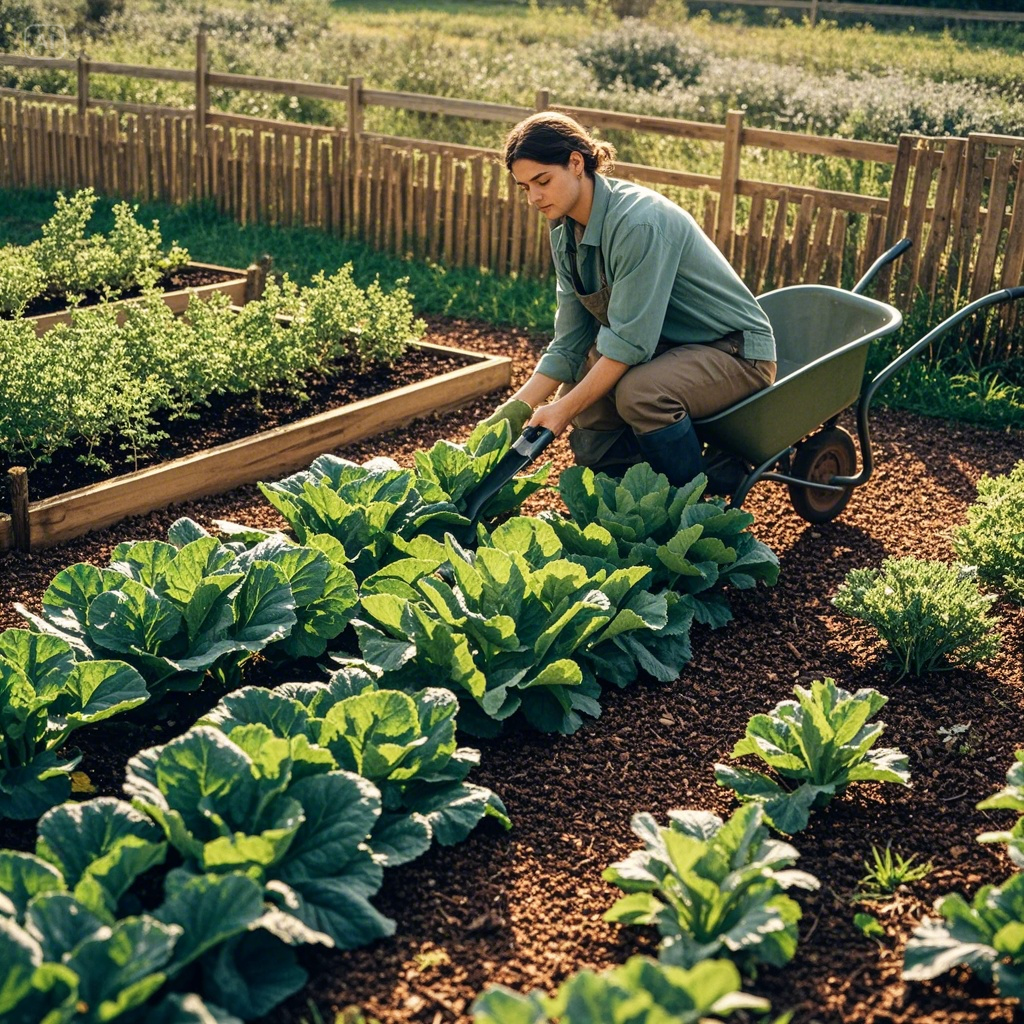There is profound satisfaction in harvesting your very own luscious round tomatoes or snipping off fresh herbs straight from your own backyard. This isn’t only about the joy of becoming self-sufficient; it’s also about making a conscious choice to live a healthier and more sustainable life. If your garden goals align with this perspective, then it’s high time you delve into the world of organic gardening. This article serves as an essential beginner’s guide, providing you with useful tips and insights into organic gardening.

**Understanding Organic Gardening**
To put it simply, organic gardening is a method that involves growing plants without the usage of synthetic fertilizers or pesticides. It leans more towards using organic waste as compost, fostering a more reciprocal relationship with nature, and thus contributing to biodiversity.
**Why Choose Organic Gardening?**
Organic gardening offers numerous advantages, from improving soil quality, supporting local ecosystem diversity, to avoiding harmful chemicals used on commercial produce.
**Getting Started with Organic Gardening**
1. **Choosing the Right Plants**: Select plants suitable for your local climate and soil conditions.
2. **Create a Composting Bin**: Composting is crucial for organic gardening. It enriches the soil and reduces waste by recycling organic household and garden material.
3. **Choose Natural Pesticides**: Avoid harmful synthetic pesticides. Instead, opt for natural ones like neem oil, chili/cayenne pepper, garlic, etc.
4. **Water Wisely**: Ensure your plants get adequate water. Watering early in the morning helps prevent fungal growth.
5. **Rotate Your Crops**: Crop rotation prevents pests and diseases from becoming established in the soil.

**Creating a Healthy Soil**
Healthy soil is the heart of organic gardening. It involves balancing the intricate web of life within the soil. To create a healthy soil, incorporate plenty of organic matter (like compost), ensure good soil structure, and foster a robust community of soil organisms.
**Tips for Successful Organic Gardening**
1. **Weed Management**: Weeds can steal nutrients from your plants. Hand-pulling is an effective organic method to control weeds.
2. **Companion Planting**: Some plants help each other grow better when planted together.
3. **Patience is Key**: Organic gardening is a long-term commitment and experience, not a quick fix.
**Concluding Thoughts**
Organic gardening might seem daunting at first, but once you get the hang of it, you’ll realize it’s not just a hobby – it’s a lifestyle. A lifestyle that promotes health, sustainability, and a deep respect for nature. Remember, every organic garden contributes to healthier soil, less erosion, and a balanced ecosystem. Happy gardening!
